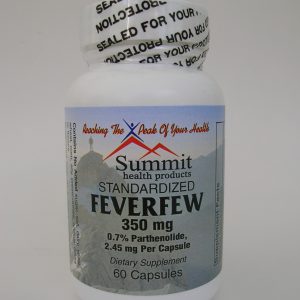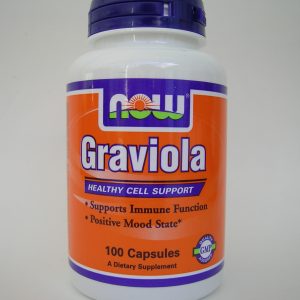Description

Licorice root has been used in both Eastern and Western medicine to treat a variety of illnesses ranging from the common cold to liver disease. This herb has long been valued as a demulcent (soothing, coating agent) and expectorant (rids phlegm and mucous from the respiratory tract) and continues to be used by health care professionals today to relieve respiratory ailments (such as allergies, bronchitis, colds, sore throats, and tuberculosis), stomach problems (including heartburn from reflux), inflammatory disorders, skin diseases, stress relief, and liver problems. Licorice root is often used to prevent and treat stomach ulcers. In fact, health care practitioners in Europe and Japan often prescribe a synthetic form of licorice for stomach ulcers. Although this drug is not available in the United States, many health care providers use deglycyrrhizinated licorice in gastric ulcers (DGL) with positive results. Deglycyrrhizinated licorice is a licorice supplement in which the component glycyrrhizin is removed. Glycyrrhizin has been reported to cause increases in blood pressure. Stomach ulcers. One animal study recently found that aspirin coated with licorice reduced the Animal studies and early trials in humans support the value number of ulcers in rats by 50%. (High doses of aspirin often cause ulcers in rats). Earlier studies in humans have found that preparations containing glycyrrhizin (an active compound in licorice) may be as effective as leading anti-ulcer medications in relieving pain associated with stomach ulcers and preventing the ulcers from recurring. In one study, licorice root fluid extract was used to treat 100 patients with stomach ulcers (of which 86 had not improved from conventional medication) for 6 weeks. Ninety percent of patients improved; ulcers totally disappeared in 22 of these patients. Emerging studies are beginning to suggest that licorice may also play a role in the treatment of heart disease. In one recent study, people with high cholesterol experienced a significant reduction in total cholesterol, LDL (“bad”) cholesterol, and triglyceride levels after taking licorice root extracts for 1 month. The extract also reduced systolic blood pressure by 10%, although licorice may increase blood pressure in some individuals. These measures returned to their previous, elevated levels when the participants stopped taking the licorice supplements. Earlier studies in mice produced similar results. Licorice root extract reduced the risk of atherosclerosis (“hardening of the arteries”) in these animals. Preliminary studies also suggest that licorice may play a role in the treatment of human immunodeficiency virus (HIV). One early study of only 3 people with HIV suggested that intravenous glycyrrhizin may prevent replication of HIV, but larger studies have yet to duplicate these findings. A laboratory study found that glycyrrhizin (a component found in licorice) inhibited the growth of Japanese encephalitis virus in test tubes, but further studies in humans are needed to confirm these preliminary findings. Experimental studies also suggest that active compounds in licorice may have estrogen-like effects. It is not clear at this time whether such effects are helpful or harmful to people with breast cancer. A recent human study found that a preparation of licorice may reduce body fat. Fifteen normal-weight subjects consumed licorice for 2 months (3.5 g a day). Body fat mass was measured before and after treatment. Licorice was able to reduce body fat mass and to suppress the hormone aldosterone. Another study found that a topical preparation of glycyrrhetinic acid (a component of licorice) was able to reduce the thickness of fat on the thigh in human subjects. Human studies have also found that licorice supplements may act as a “phytoestrogen” in the body, meaning licorice may have effects like that of estrogen. It was found that licorice decreased symptoms of PMS and menopause, including mild depression. Recent laboratory studies found that licorice may also improve memory and cognition
Count Size: 100
Quantity: 100




